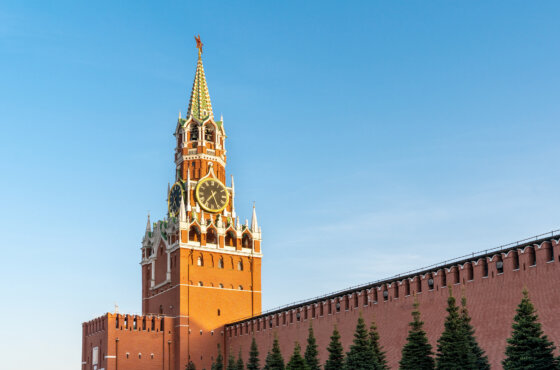The New York Times: the west refuses to celebrate Victory Day with Putin
Today, even the celebration of the 70 anniversary of the end of World War II has become a stumbling block, says Maxim Trudolyubov. According to him, the reason for this was a peculiar interpretation of history in Russia, the annexation of the Crimea and the ongoing struggle for Ukraine.
Many heads of state were invited to the military parade on the occasion of the anniversary of the fall of Nazi Germany. According to Russian Foreign Minister Sergey Lavrov, the leaders of China, Israel, the Czech Republic, Serbia, North Korea and the majority of post-Soviet republics will arrive in Moscow on May 9. However, representatives of Russia's key allies of the Second World War from among Western countries rejected invitations from the Kremlin.
As Trudolyubov writes, Putin is strengthening his position within the country by distorting history and justifying himself with a self-proclaimed mission - the desire to return Russia to its lost glory. In a documentary released on national television to mark the anniversary of Crimea's annexation, Putin took personal responsibility for the annexation of the peninsula. He said the loss of Crimea and the Russian naval port of Sevastopol during the collapse of the Soviet Union were "historic injustices."
The Kremlin, the columnist believes, has chosen the same distorted approach to the past in its relations with Washington and Western Europe. Moscow likes to emphasize Russian victories, but avoids recognizing the crimes of its state.
“German politicians really thought that they and only they could lead Russia to the West,” Trudolyubov quoted Constanze Stelzenmüller, a senior fellow at the Brookings Institution, as saying. — Germany was a springboard for strengthening the positive image of Russia in Europe. Vladimir Putin destroyed this bridge in one fell swoop.”











